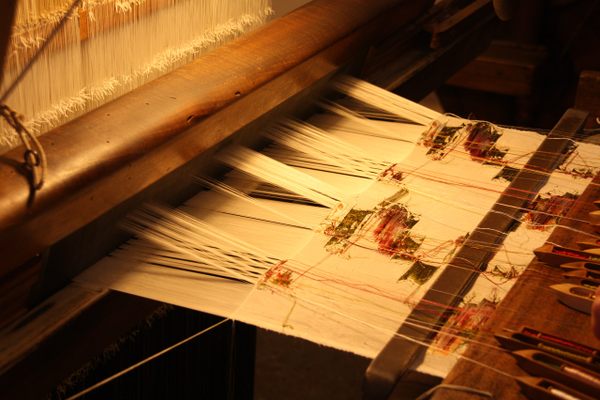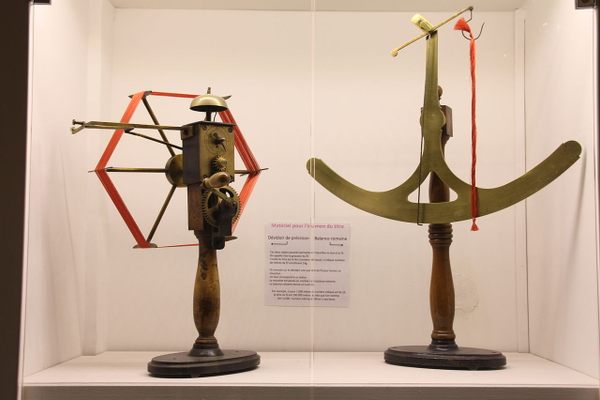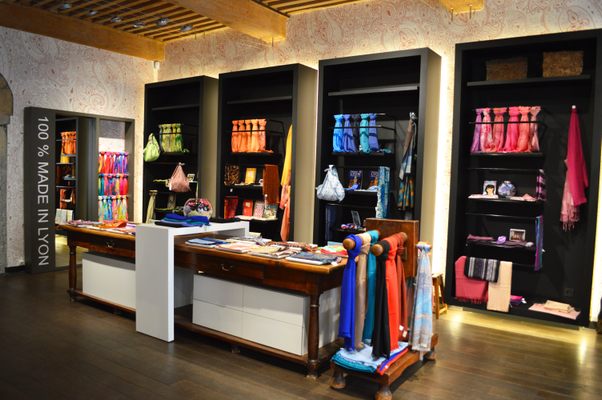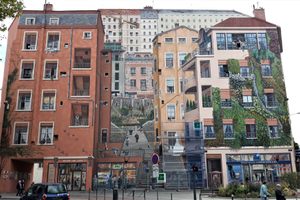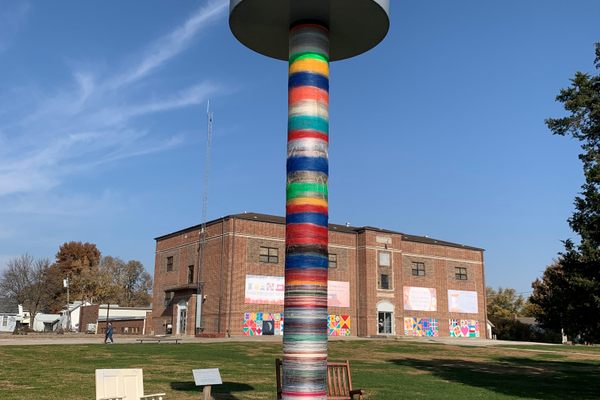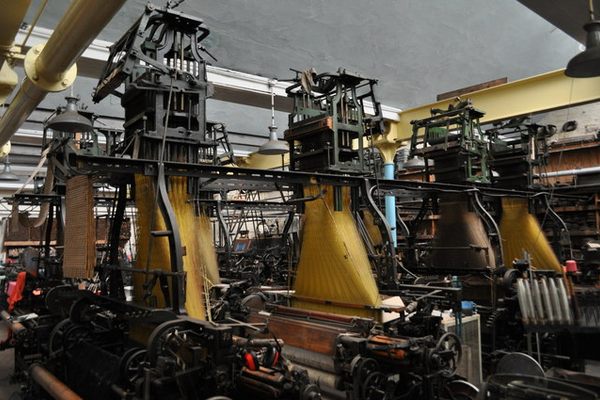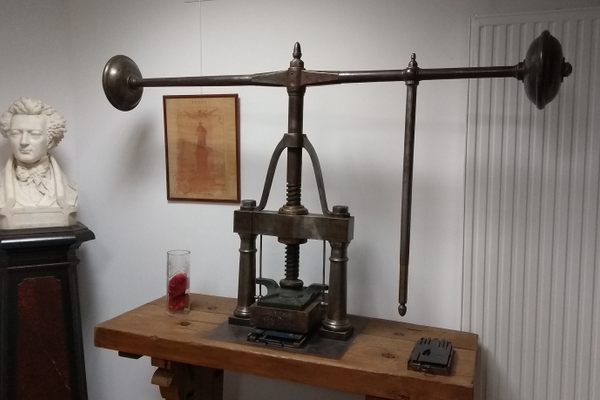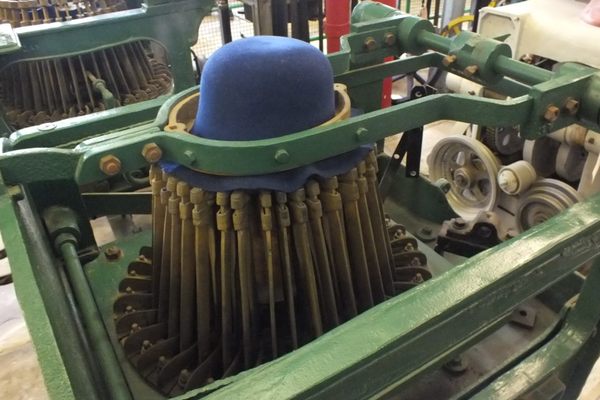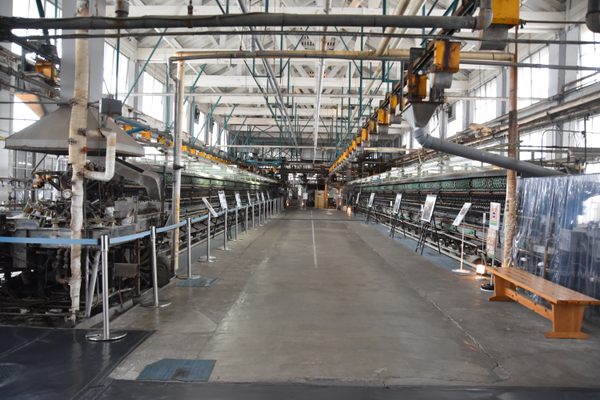About
In France's second-largest city, Lyon, an area called La Croix-Roussen is home to the city's once-magnificent Silk District. For centuries, La Croix-Roussen was the epicenter of Europe's silk industry, widely known for producing the best, highest-quality silks. They draped the heads and bodies of some of history's most notable and infamous figures, including King Louis XI of France, who became an official fan and patron of Lyon silk in 1466. His royal patronage (and purse) helped to thrust the once small industry into Europe's preeminent silk manufacturing center. During his reign, Napoleon Bonaparte and his wife Empress Joséphine also fell in love with Lyon's silk and paid a visit to the district, further solidifying its place in European culture.
Today Lyon is still a major producer of silks, but modern advances in technology and production have changed the industry greatly. All that remains of the hustle and bustle of the traditional manufacturing district are winding streets and worn facades of old factories and stores fronts. However, a small museum tucked away on one of the streets of the district pays homage to the role of this important industry in Lyon's history.
Founded in 1970, by Virginie Varenne and her husband Philibert, La Maison des Canuts (canuts is the French term for silk weavers) aims to share the history of silk in the city and offer insights into the practice of weaving. Made up of three parts—a museum, a workshop, and boutique—la Maison des Canuts allows visits to immerse themselves in five centuries of history via guided or self-led tour before making their way to the workshop. There, modern artisans demonstrate time-honored weaving practices on an authentic Jacquard hand-loom that is still used in Lyon's silk industry today. Closing out the museum is the silk boutique, which exclusively features silk products made in Lyon's Rhône Alps region.
While in Lyon, you'll probably see many references to Lyon's canuts, from public artwork like “Le Mur des Canuts” to food like cervelle de canut, a popular local food that features an herbed cheese spread. The continued impact of silk on this city is palpable and harkens back the important role that artisans have played throughout history.
Related Tags
Know Before You Go
The museum is closed on Mondays and Sundays and Tuesday through Saturday it is closed midday from 1 to 2 p.m. Admission to the museum is 4€ for adults, 2€ for students, and free for children under the age of 11.
Community Contributors
Added By
Published
July 7, 2021
